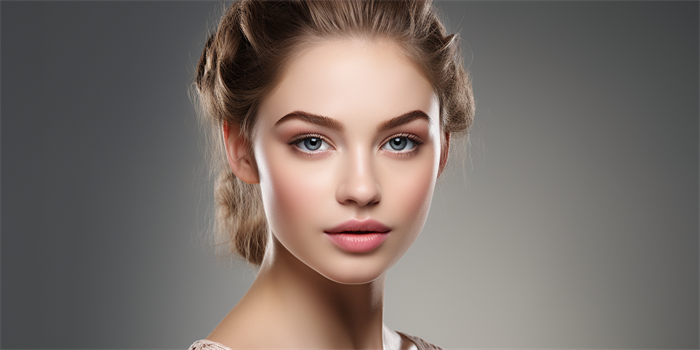Understanding Side Effects of Skin Lightening in Sheffield
Skin lightening treatments have become increasingly popular in Sheffield for various reasons, including the reduction of hyperpigmentation, melasma, and other skin discolorations. While these procedures can significantly improve the appearance of the skin, it is crucial to understand the potential side effects associated with them. This article delves into several aspects of skin lightening side effects, providing a comprehensive overview for those considering these treatments.

1. Common Side Effects
Skin lightening treatments typically involve the use of chemical agents that inhibit melanin production. Common side effects include mild redness, irritation, and dryness. These symptoms are usually temporary and subside within a few days. However, some individuals may experience more persistent skin sensitivity or a slight change in skin texture. It is important to follow post-treatment care instructions provided by your dermatologist to minimize these effects.
2. Allergic Reactions
Allergic reactions to skin lightening products are relatively rare but can occur. Symptoms of an allergic reaction may include severe redness, itching, swelling, and in some cases, blistering. If you have a history of allergies or sensitive skin, it is advisable to undergo a patch test before starting any skin lightening treatment. Consulting with a qualified dermatologist can help you choose the most suitable products and treatments for your skin type.
3. Long-Term Effects
Long-term use of certain skin lightening products, particularly those containing hydroquinone, has been associated with a condition known as ochronosis. Ochronosis is characterized by darkening and thickening of the skin, which can be challenging to treat. It is essential to use skin lightening products as directed and to monitor your skin's response regularly. Opting for natural or less potent alternatives can reduce the risk of long-term adverse effects.
4. Skin Sensitivity to Sunlight
Skin lightening treatments can make the skin more susceptible to sun damage. Reduced melanin production means that the skin has less natural protection against UV rays. Therefore, it is crucial to use sunscreen with a high SPF and practice sun avoidance measures, especially during peak hours. Regular use of protective clothing and hats can also help safeguard the skin from harmful UV exposure.
5. Psychological Impact
While not a direct physical side effect, the psychological impact of skin lightening should not be overlooked. Some individuals may experience increased self-consciousness or anxiety about their skin's appearance during and after treatment. It is important to have realistic expectations and to communicate openly with your dermatologist about your concerns. Psychological support, if needed, can be beneficial in managing these feelings.
6. Compliance with Regulations
In Sheffield, as in many other places, there are regulations governing the sale and use of skin lightening products. It is essential to ensure that any product you use is approved by the relevant health authorities. Using unregulated or counterfeit products can pose significant health risks, including severe allergic reactions and skin damage. Always purchase from reputable sources and consult with a dermatologist for professional guidance.
Frequently Asked Questions (FAQ)
Q: How long do the side effects of skin lightening last?
A: Most common side effects, such as redness and irritation, typically resolve within a few days. However, more persistent effects may require additional treatment or adjustments to your skincare regimen.
Q: Can I prevent allergic reactions to skin lightening products?
A: Yes, a patch test can help identify potential allergies. It is also advisable to consult with a dermatologist who can recommend suitable products based on your skin type and history.
Q: What should I do if I experience long-term side effects?
A: If you notice persistent adverse effects, such as skin darkening or thickening, consult your dermatologist immediately. They can provide appropriate treatment options and adjust your skincare regimen as needed.
Q: How can I protect my skin from sun damage after lightening treatments?
A: Use a broad-spectrum sunscreen with a high SPF, avoid direct sunlight during peak hours, and wear protective clothing and hats. Regularly applying sunscreen and practicing sun avoidance are key to protecting your skin.
Understanding the potential side effects of skin lightening treatments in Sheffield is crucial for making informed decisions about your skincare. By consulting with a qualified dermatologist and following proper post-treatment care, you can minimize risks and achieve the desired results safely and effectively.




